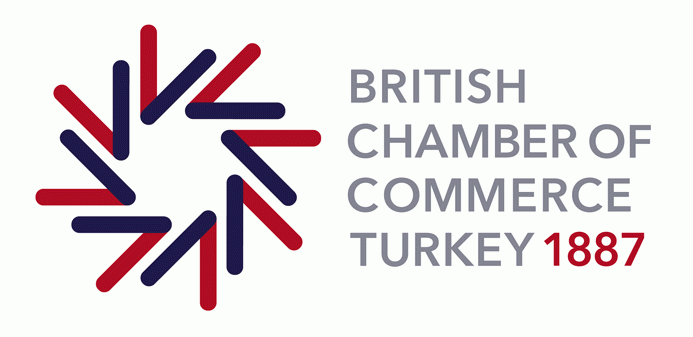Export to Turkey
Providing a centuries-old bridge between Europe and Asia, Turkey is one of the fastest growing economies in the OECD. With the 18th largest economy in the world, it is one of the most attractive and dynamic overseas markets for British goods and services. In 2023, Turkey’s growth rate was 4.5 percent, boosted by household consumption, fixed investment, exports and government spending.
With a population of 86 million, and a young, well-educated workforce, the country is already a member of the EU Customs Union and has been in negotiations with the EU about potential membership, though these have been long and difficult.
Direct foreign investment in the country was £12.8 billion in 2022, and continues to grow.
Turkey has seen a wholesale modernisation of its economy and business sector. During 2013-2017 period, more than 310,000 firms were established. Turkey is the UK’s 16th largest bilateral trade partner. In 2023, around 8,200 UK VAT-registered businesses exported goods to Turkey, and around 14,200 imported goods from Turkey.
The key export opportunities for British companies are in: technology; automotive; telecoms; financial and professional services; smart cities; ICT; advanced engineering; retail and consumer goods; the oil and gas sector.
Industry and manufacturing now form a central plank of Turkey’s economy and account for a large slice of trade with Europe. Turkey’s economy consists of very diversified services sectors including real estate and financial services along with health and education.
A long-term aim is for Turkey to become a key European energy hub, with the country being geographically close to 73 percent of the world’s oil and gas reserves. It is investing in some huge infrastructure projects too, including: Istanbul’s third airport; Akkuyu Nuclear Power Plant; Eurasia Tunnel; Trans Anatolian Gas Pipeline (TANAP); Istanbul Finance Centre.
The current value of trade between Turkey and the UK was £25.8 billion in 2023. The UK enjoys a number of large business links with Turkey including: BP; Shell; Vodafone; Unilever; BAE; Aviva. Big high-street retailers include Harvey Nichols, M&S and Laura Ashley.
Business strategies
Selecting distributors, partners and identifying investment opportunities does require in-depth knowledge of local business culture and potential risks. As always, businesses should take great care not to act in contravention of the UK’s far-reaching UK Bribery Act 2010, which imposes stiff penalties on firms found guilty of corrupt practices, even if they are undertaken unwittingly. Businesses need to be vigilant in the early stages of their market entry strategies, and seek advice and guidance from The British Chamber of Commerce Turkey who can provide a range of services, including due diligence.
Chamber International's partner, The British Chamber of Commerce Turkey, provides full support for UK companies interested in exploring Turkey.
Contact us for further details.



